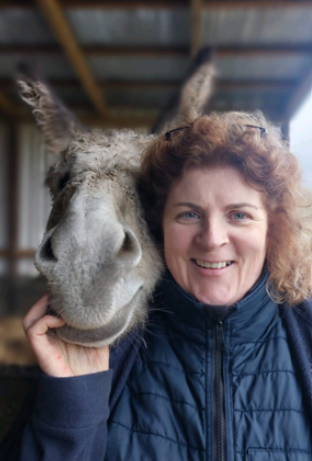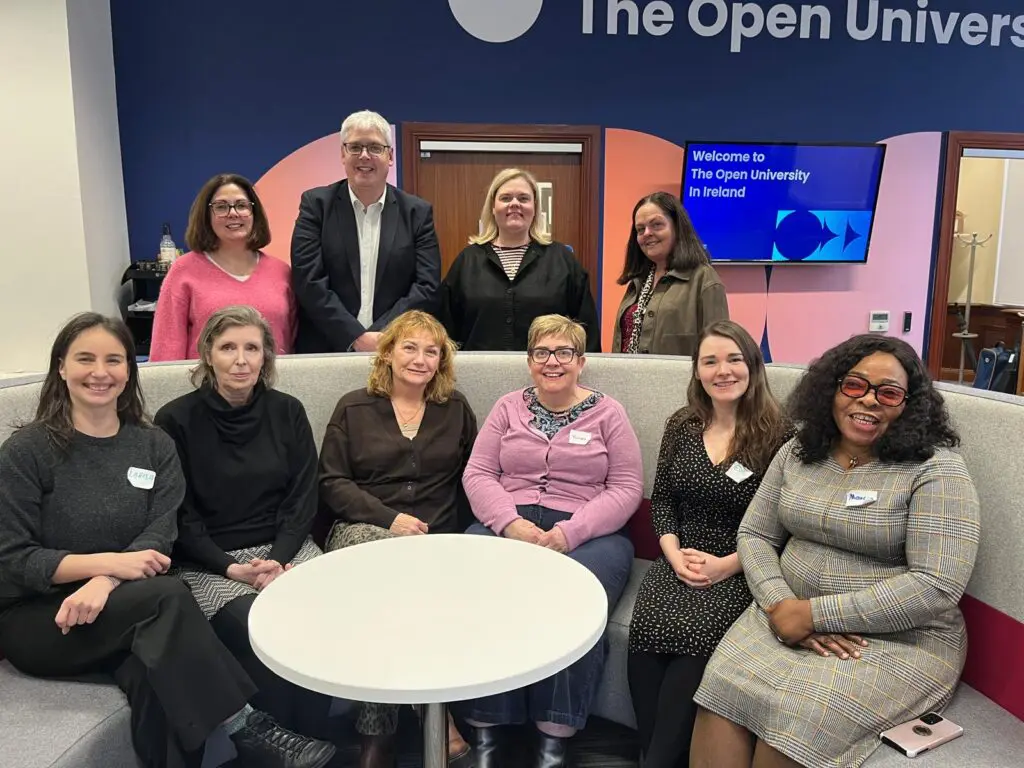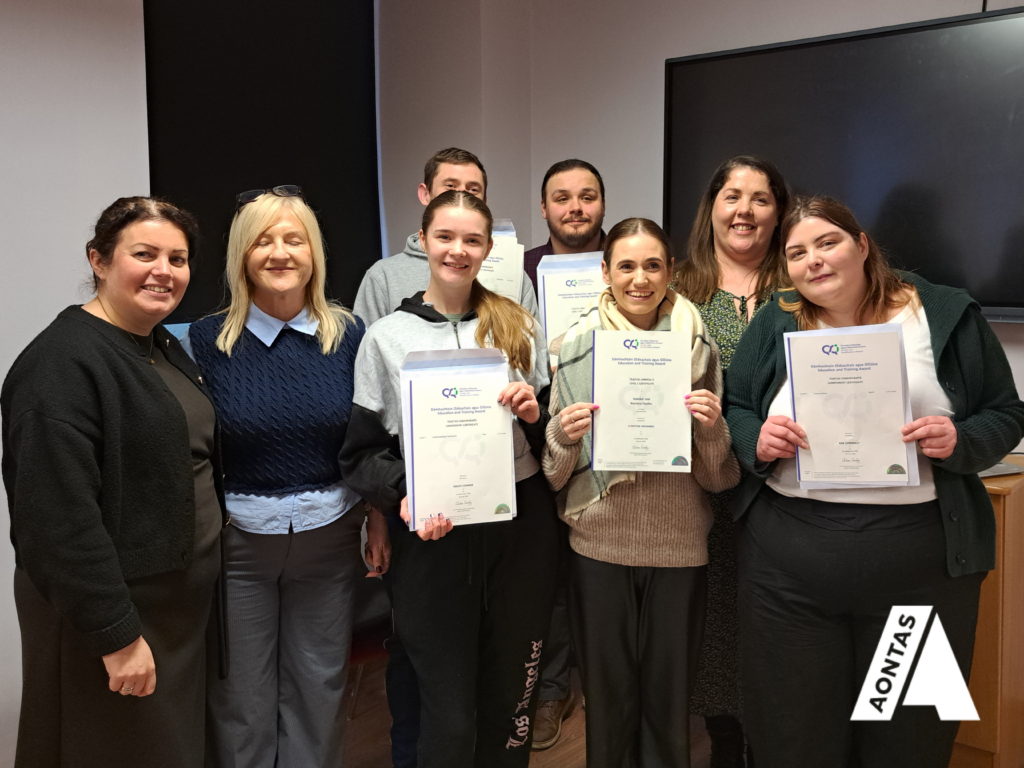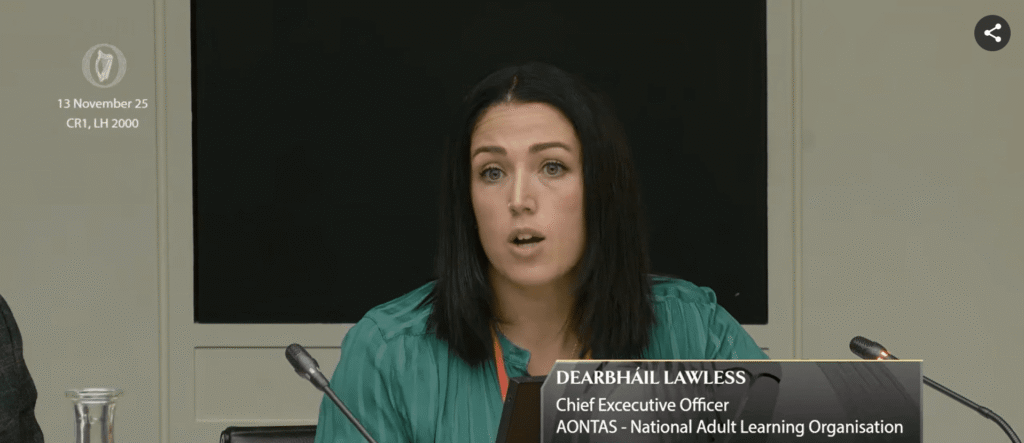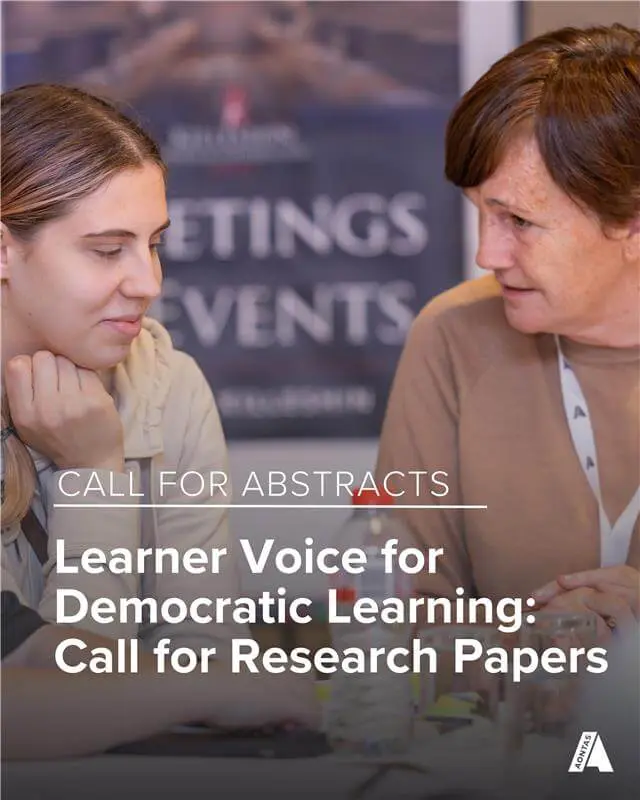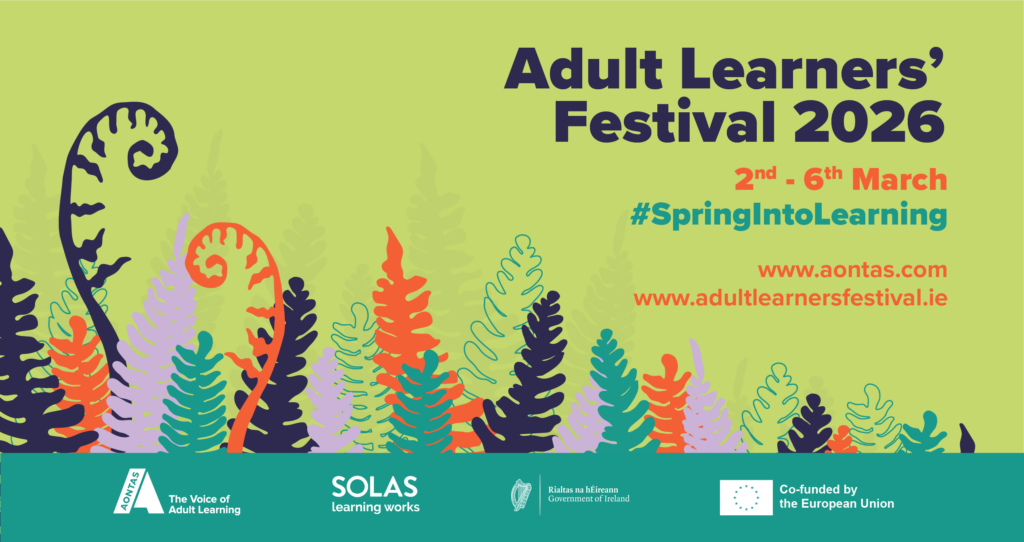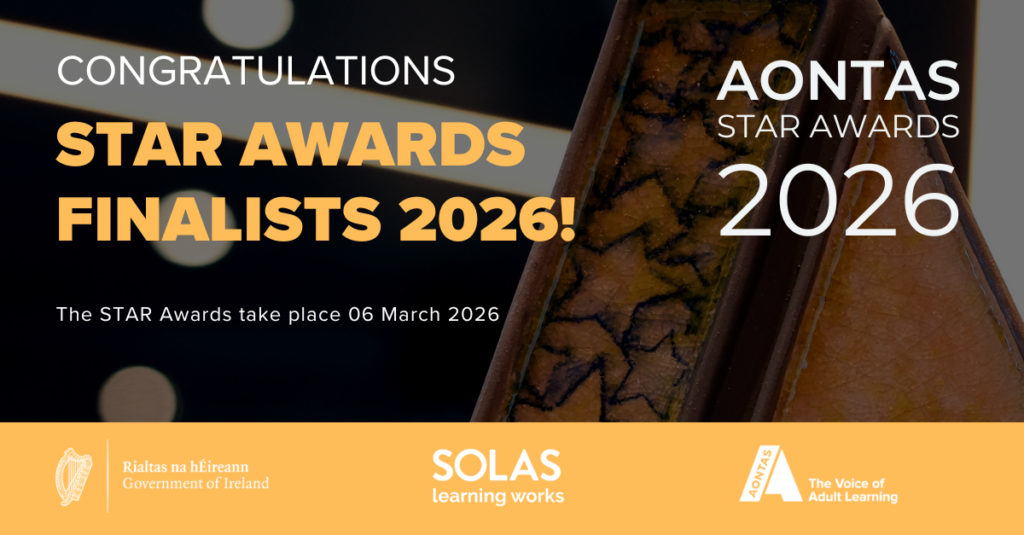When Ciara was in primary and secondary school in Ireland, she was told she would amount to nothing because she couldn’t spell. In primary school in the 1970’s, she was even given the ‘dunce’ hat by one teacher. Ciara says there was a lack of awareness about dyslexia at the time, leading to her teachers and parents simply believing she was not smart and that she needed to pay better attention in class.
Ciara says she was “forced to learn Irish”, when she was already struggling with English. With absolutely no support, Ciara inevitably ended up failing many of her subjects. She says this constant narrative of her being ‘not smart’ led to her having extremely low self-esteem, an issue that stays with her until this day. Ciara says that her lack of confidence, which was rooted in her undiagnosed dyslexia, is a “lifelong challenge”.
When Ciara was 19, she left for America, settling just outside of Boston. She enrolled in an apprenticeship for veterinary nursing, and it was during this course that a tutor approached her asking if she was dyslexic. Getting her diagnosis in the U.S. was a shock to Ciara, mostly because it confirmed that she wasn’t “stupid” as she had been led to believe all her life, but she had dyslexia.
Getting her dyslexia diagnosis not only opened the door to supports and resources that could help Ciara in her day to day life, but it also helped her recognise the positives that her learning difference can bring, “I feel a benefit of dyslexia is that you can think outside the box, look at the bigger picture and this thinking helped me set up my business in the States”.
Returning to Ireland
After 22 years abroad, Ciara returned to Ireland in 2008, settling in North Cork. To work in the veterinary sector here, she needed to update her credentials, so she enrolled in a veterinary nursing course through Cork Education and Training Board. Decades after her last Irish educational experience, Ciara was struck by the changes: “It was brilliant, I had a designated tutor, I felt much more understood. The experience was totally different to the one I had before”.
Despite the generally more positive environment Ciara has experienced with further education in Ireland, there are certain elements that she feels could be improved, she said: “There is not the same support for part-time courses as there are full-time courses, for example no support tutors. If I was in a wheelchair, would I get half an access ramp in a part time course?”.
Dyslexia Ireland
Ciara believes that there should be more training and support in all areas of society around those with hidden disabilities; and one group which provides such training is Dyslexia Ireland. Dyslexia Ireland was founded in 1972 and works with and for people affected by dyslexia – their vision is a dyslexia friendly society where all people with dyslexia are enabled to fulfill their potential.
Dyslexia Ireland have been an invaluable ally for Ciara. The association gave her great support when she was having issues with colleagues in the workplace, where despite a greater societal understanding of dyslexia, she was subject to ridicule and exclusion. Shockingly, Ciara is aware of people with dyslexia in 2024, who don’t want to disclose that they are dyslexic to their management for fear of not getting a promotion or progressing in their workplace. 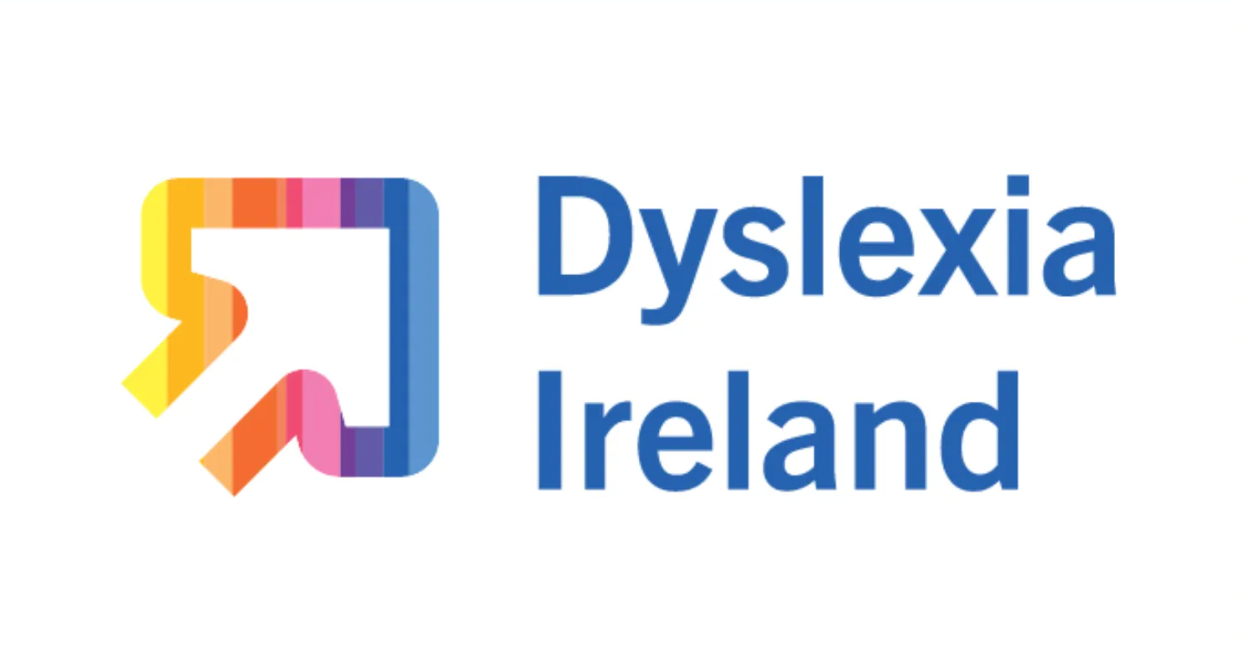
Training courses for parents, teachers, adult tutors and workplaces on how to be dyslexic-friendly are available through Dyslexia Ireland. Ciara believes that this type of training will encourage employers to think about what positives people with dyslexia can add to a work environment.
However, it’s not just in workplaces that Ciara wants to see a greater understanding of dyslexia, “I want society as a whole to be aware that while dyslexia is defined as a disability, it is simply a different way of processing information. It’s not a negative, but a positive. It’s just a different normal for some people”.
Speaking about Dyslexia Ireland, Ciara said, “My adult education and working life in Ireland as a dyslexic would be much less productive if I didn’t have the support from them. They are a fence between you and the rest of the world, they protect you, push you and ultimately you through that fence”.
Check out more Learner Stories captured by AONTAS, here.
